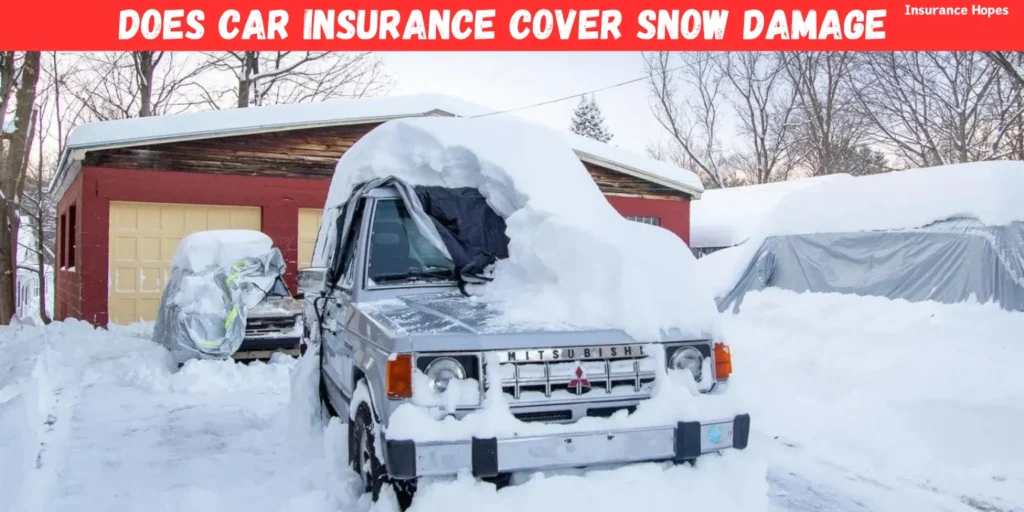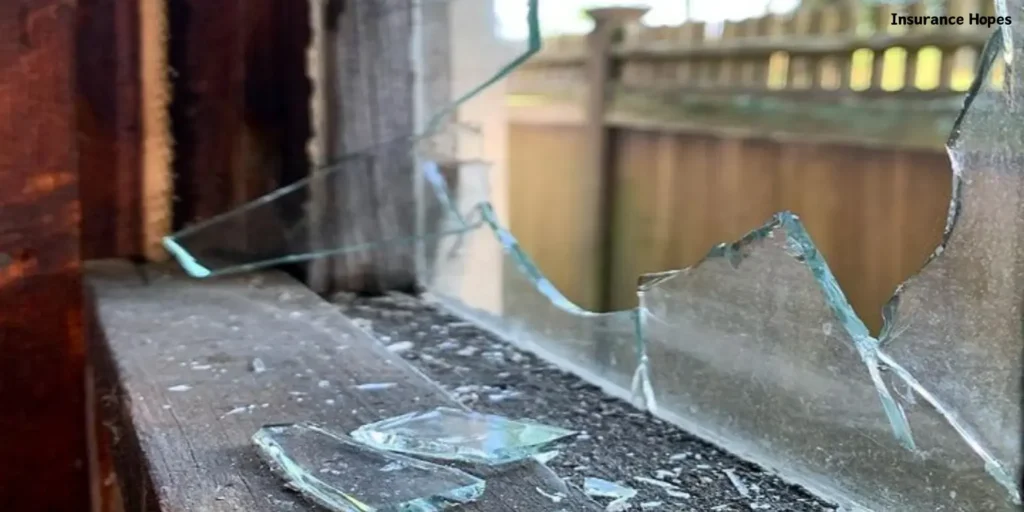Does Car Insurance Cover Snow Damage
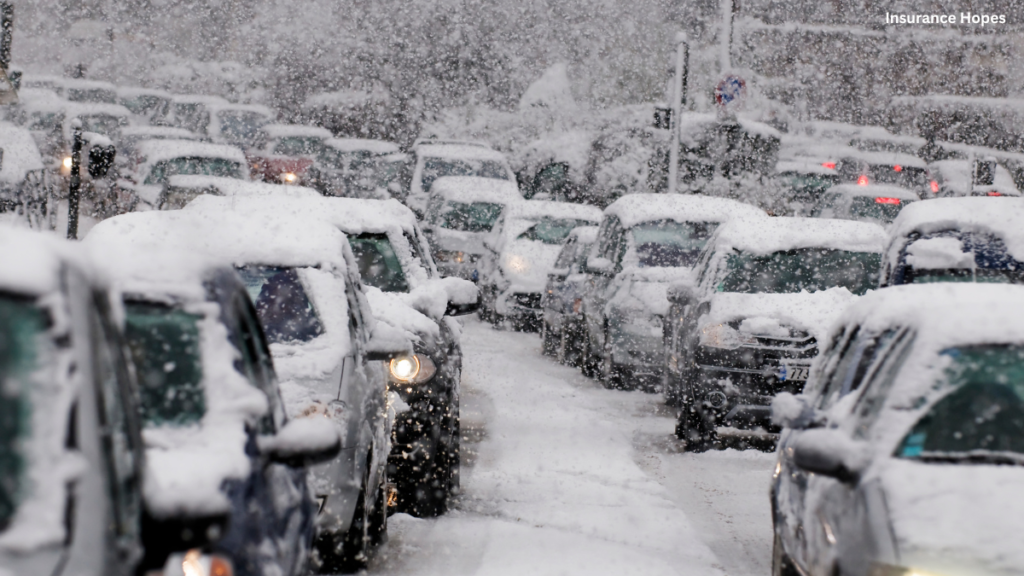
When winter arrives and the countryside is blanketed in snow, drivers question if their insurance would pay for snow damage. The response can be unpredictable at times, much like the winter weather. It depends on the type of coverage you have, the cause of the loss, and the specifics of your policy. This book offers tips on how to prepare for winter and investigates the places where snow and auto insurance coverage may apply.
Recognizing Your Coverage
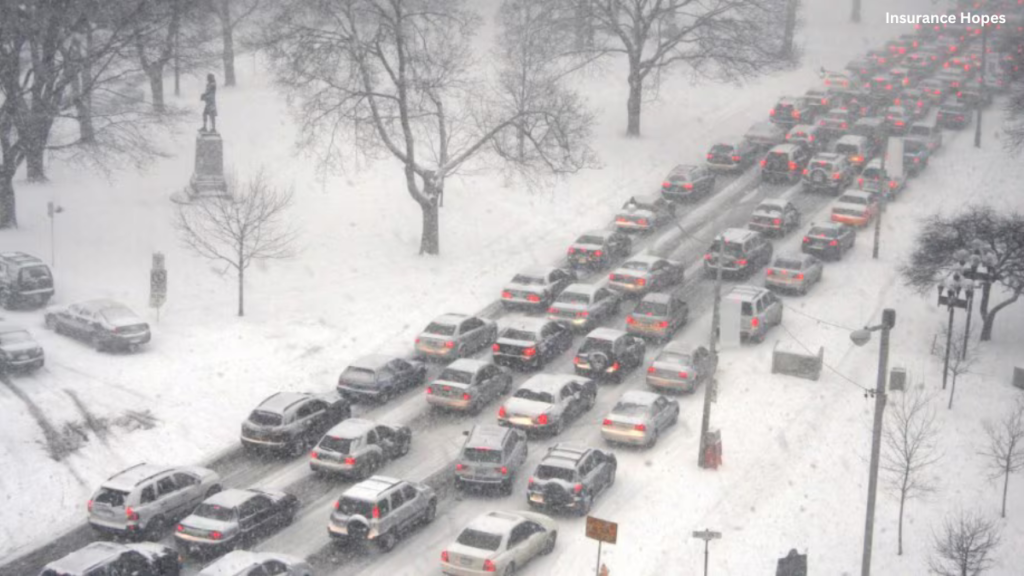
Typically, auto insurance includes several different coverage components
Liability insurance: This required coverage covers you in the event of an accident for injuries or property damage you cause to others. Snow damage to your own car is not covered by it.
Collision Coverage: This add-on insurance covers your automobile’s damages in the event that you collide with another car or object. It may also cover harm resulting from losing control and colliding with a guardrail or snowbank.
Comprehensive Coverage: This add-on insurance shields your vehicle against harm caused by weather-related factors as well as collisions. Snow damage enters the picture here.
Snow and All-Inclusive Coverage

Depending on the cause, snow damage may be covered by comprehensive coverage
Falling Objects: Comprehensive coverage would probably kick in if a snow-laden tree branch fell on your automobile and caused damage.
Weight of Snow: In exceptional circumstances, comprehensive coverage may be applicable if the weight of the snow accumulation on your automobile damages the windows or roof. Nonetheless, certain insurance may not cover harm resulting from typical wear and use.
Recognizing Exclusions
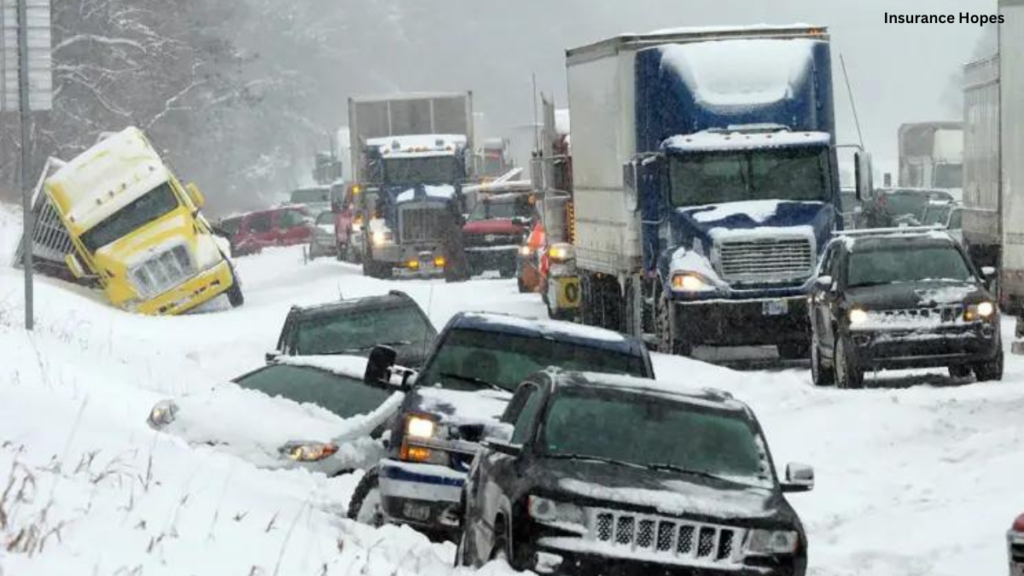
It’s critical that you understand the exclusions listed in your entire policy. Snow damage may fall under one of these specific exclusions from coverage under certain conditions. Among these occurrences are:
Snowfall and blizzards: Damage arising from “acts of God” or “acts of nature,” such as heavy snowfall or blizzards, may not be covered by certain plans.
Neglect: If the damage to your vehicle is the consequence of poor winter preparation—for example, failing to shovel snow accumulation—your claim can be denied.
The Value of Specifics
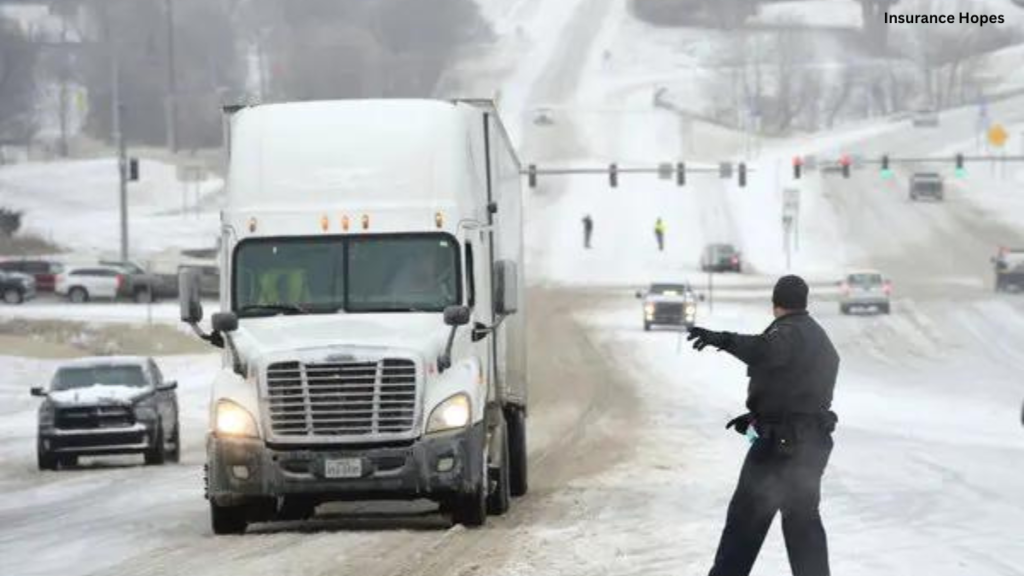
The following factors, in addition to the main coverage categories, could influence whether your snow damage claim is approved.
Damage Level: Minor dents or scratches caused by snow accumulation might not be covered, but major damage is more likely to be.
Policy Deductible: You have to pay your deductible before your insurance kicks in. Ascertain whether the cost of repairs will surpass the deductible prior to filing a claim.
Taking Measures Following Snow Damage
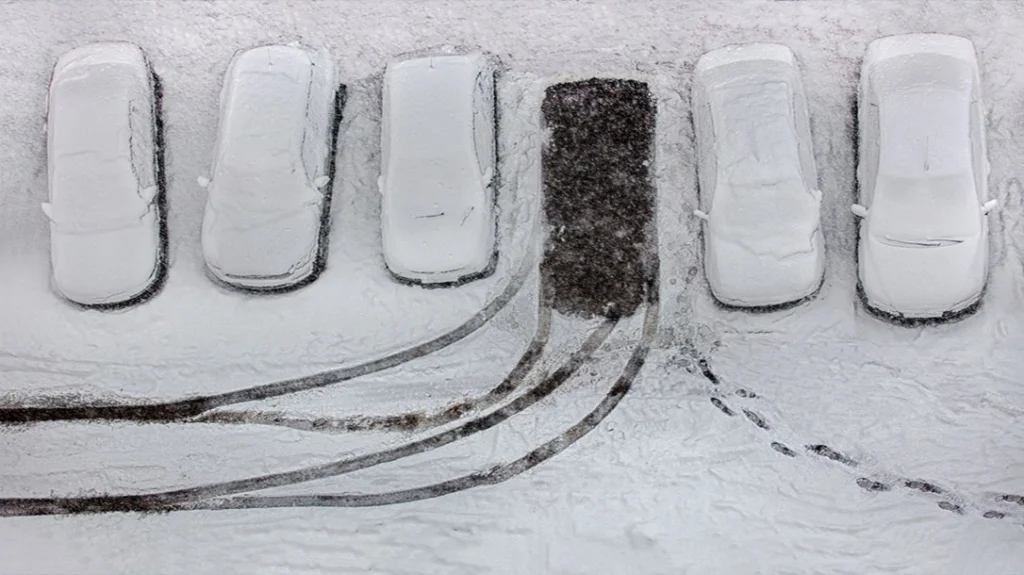
In the event that your car sustains snow damage, follow these steps:
Note the Damage: Take images and videos of the damage and the surrounding area.
Review your policy: Read your policy carefully to find out about your coverage and any exclusions related to snow damage.
Consult your insurance company: As soon as you can, submit the damage to begin the claims process. Tell the truth and provide all relevant details.
Conjoin the Adjuster in their work: The insurance company will send an adjuster to assess the damage. Engage fully in the entire process.
Getting Ready for the Winter
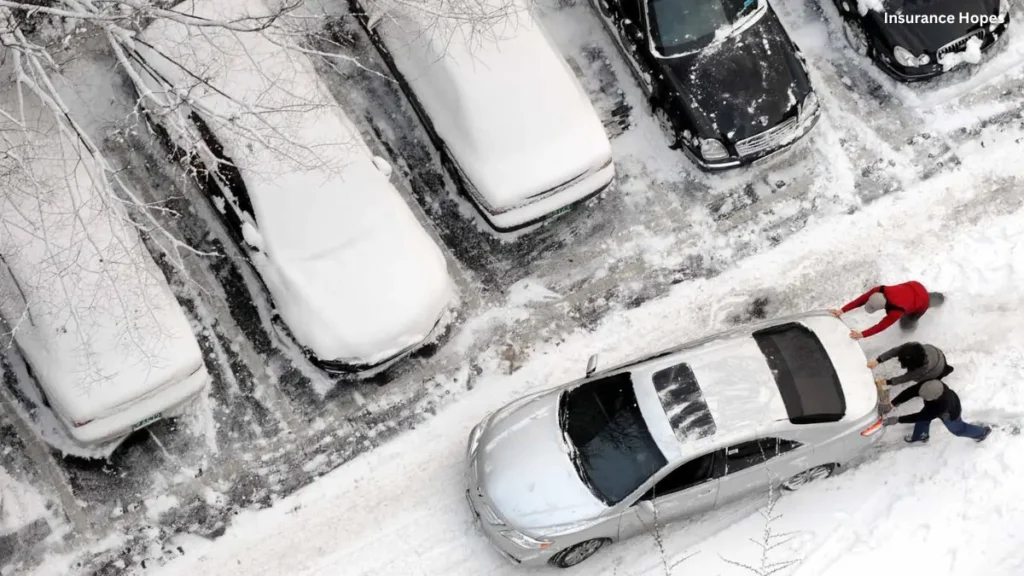
The following suggestions may even help avoid insurance claims by lowering the likelihood of snow-related vehicle damage.
Continual Upkeep: Make sure the tires and brakes on your automobile are in good working order for better handling in the winter.
Get Your Car Ready for Winter: Consider adding winter tires and wiper blades to improve traction and visibility.
Remove Snow buildup: Clear snow buildup from your car on a regular basis to protect your eyes and prevent injury from falling.
Park Sensibly: If you can, put your car in a garage or other covered area to lessen your exposure to falling objects or heavy snow accumulation.
CONCLUSION
Snow can be harmful to your car, but if you know what your vehicle insurance covers and take preventative measures, you can drive through the winter months with confidence. While comprehensive coverage may cover some types of snow damage, it’s vital to pay attention to the policy terms and exclusions. By being aware of your coverage, preparing your car for winter, and taking prompt action in the event of damage, you can ensure a smoother and less stressful winter for both you and your vehicle.






